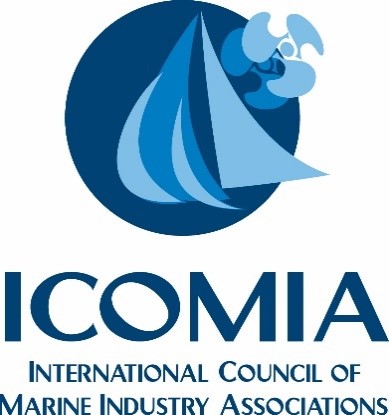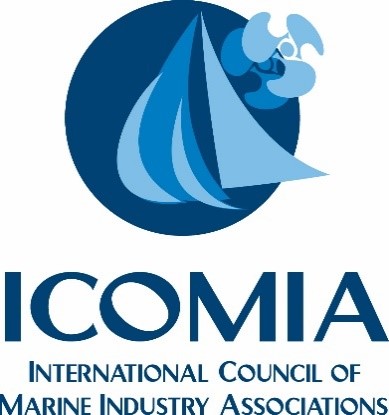26 May 2021: The International Council of Marine Industry Associations (ICOMIA) announces the publication of a Climate Change Policy together with a Letter of Declaration. ICOMIA acknowledges that the climate is changing and the evidence is unequivocal. In order to mitigate the threats and risks associated with climate-related events, we must support countermeasures to the rising challenge of climate change and build upon the current sustainable environmental practices.This paper outlines the background, the threats and risks, the increasing global concern, and proposes a call to action. In the context of this paper, the threat is climate change exhibiting itself through issues such as changes in the frequency and intensity of sea-level rise, water temperatures, storms, waves, flood and drought; while the risk is anything that may be exposed to vulnerability, damage, or destruction; and that includes both risks to infrastructure and participation in boating.Darren Vaux, Chair ICOMIA Sustainability Committee said:“I am proud to advise that the Executive Committee of ICOMIA has endorsed and approved a Declaration on Climate Change and associated Climate Change Policy. The declaration and policy were developed by the ICOMIA Sustainability Committee and its members over the last year to create awareness of the specific impacts, challenges and opportunities climate change presents to the marine industry and to educate, support and encourage our members to take proactive steps to address, mitigate and adapt to the consequences of Climate Change. ICOMIA is committed to sustainable marine industry and to providing its members with the support required to enable the industry to innovate, adapt, implement and create resilient business practices for a sustainable future.”ICOMIA will encourage its members to:develop strategies to decarbonise the recreational boating sectoreducate the industry on the importance of the ocean in terms of weather changes, biodiversity, and sustainabilityapply evidence to inform and support climate change actionstrengthen operational resilience by developing risk assessments, and contingency plans (e.g. marinas, training)collaborate with energy and water suppliers, transport providers and others involved in the supply chain to understand interdependencies, and reduce exposure to associated risksconsider a range of climate change scenarios when developing adaptation strategies and include an appropriate combination of structural, operational and institutional measuresfocus on flexible and adaptive infrastructure, systems and operations to allow for future modification, and to avoid ‘locking in’ to solutions that prove inappropriate as conditions changeDownload the Climate Change Policy and the Letter of Declaration here.
ICOMIA has just published a Climate Change Policy
—
by

